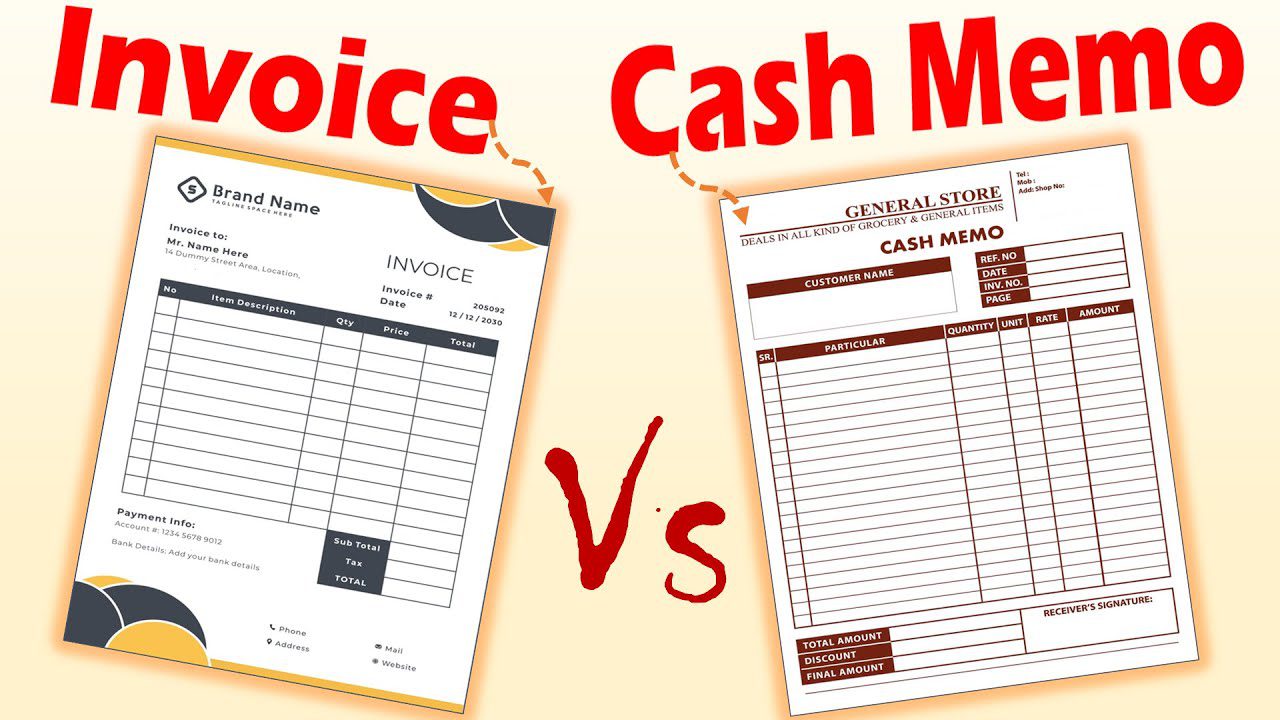
In 2026, Google is set to remove third-party cookies from Chrome. This change is set to have a dramatic effect on many industries, and there are set to be real challenges for iGaming aggregators. Right now, the information that’s used to understand a player’s behaviour and to improve game placement is reliant on cookie-based tracking.
With this set to stop, aggregators are now needing to rethink the ways that they will collect and use data. Yes, there is a need to be compliant, but there is also a need to build new systems that offer real value to operators, game providers, and players.
Contents
Why Cookies Mattered for Aggregators
Third-party cookies are used to track users across sites. When it comes to iGaming, this made it simple to see where players had come from, how long they stayed, and to identify the games that held the most attention. This information has been used by aggregators so that they could compare titles, identify trends, and offer better support to partners.
Without cookies, this kind of tracking becomes far more difficult. It may no longer be clear which marketing sources bring in traffic, or which games drive long-term engagement. That puts pressure on aggregators to find other ways to collect insight.
Shift Towards First-Party Data
The first steps to a move away from third-party tracking are to focus on what a user does directly within a platform. This kind of first-party data is based on real interactions, such as games played, time spent, and search behaviour.
Aggregators don’t usually deal with end users, but they support operators who do. That means helping those operators collect better data in a way that respects user consent. Some platforms now offer shared systems for capturing user activity in structured ways, so partners can benefit from accurate reporting without breaking privacy rules.
By working more closely with operators, aggregators can help shape what data is collected and how it is used. This creates new paths for analytics that don’t rely on external tracking.
Smarter Consent and Simpler Tools
Privacy is a major concern online, and that means that consent needs to be built into every part of the process. Aggregators must offer tools that allow the end user to accept or reject tracking in a way that is clear while also being user-friendly.
If different operators manage consent in different ways, it becomes hard to handle data across the platform. So the best approach is a shared method that works for all partners. That could mean a common consent framework or integration with known tools that cover legal and practical needs in different countries.
Filling the Gap Left by Cookie Tracking
Even with better use of first-party data, some information will be harder to collect. Tracking how users found the platform or what site they visited beforehand may no longer be possible in the same way.
To replace that, aggregators are starting to use server-side tracking. This relies on systems talking to each other directly, instead of tracking the browser itself. It needs more setup and stronger security, but it can offer detailed insights while keeping data private.
Another approach is to use clean rooms. These are safe spaces where two or more companies compare data without sharing user identities. For example, a casino and a provider might compare performance results without exposing personal information.
Platforms such as https://hub88.io already support data-sharing tools that follow privacy rules while still delivering real-time results. They offer examples of how the wider sector might move forward.
Reviewing Reports and Tools
Many existing reports used by aggregators are built on data collected through cookies. As these go away, gaps will start to appear. It’s important to review all reporting tools now and check which ones rely on old tracking systems.
Some reports can be updated to use different data, such as session IDs or time-on-site metrics. Others may need to be redesigned from scratch. Teams should test new versions early so they are ready before cookies disappear.
The good news is that some data, such as in-game actions or operator-level performance, can still be tracked easily with the right internal systems. These just need better planning and more flexible data structures.
How Game Placement Will Change
With less focus on tracking where users came from, more attention will shift to what they do once they arrive. Aggregators may need to offer smarter ways to highlight popular or high-performing content inside the platform itself.
This is where a slot games aggregator can add value. Rather than relying on external traffic, they can help operators use layout, filters, or in-session data to recommend games more effectively. For example, showing games that are currently trending or ones with high return rates can boost visibility and keep players engaged.
Getting Ready for 2026
The move away from cookies won’t happen overnight, but the timeline is clear. Starting now gives aggregators time to test new tools, fix broken reports, and improve how they support partners.









